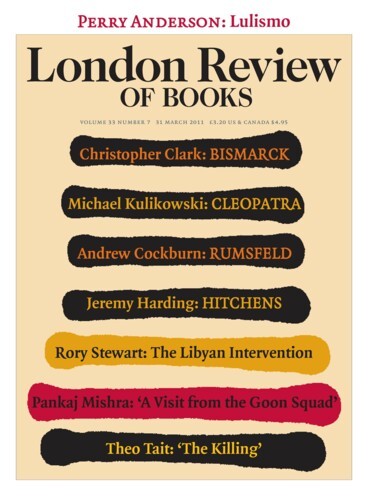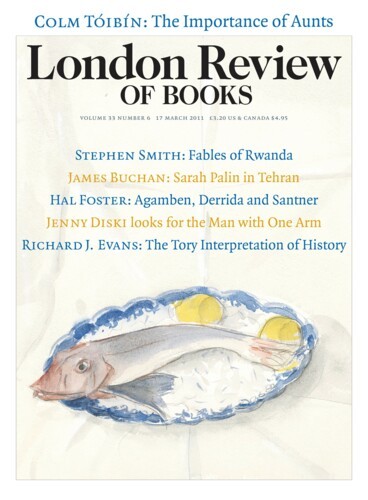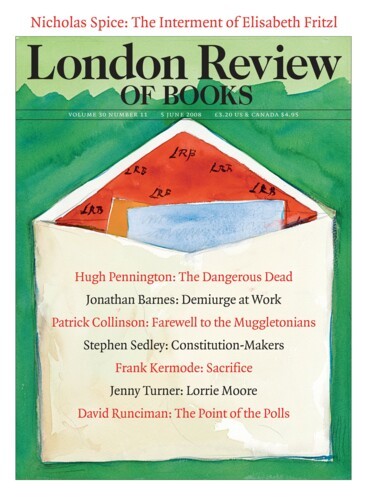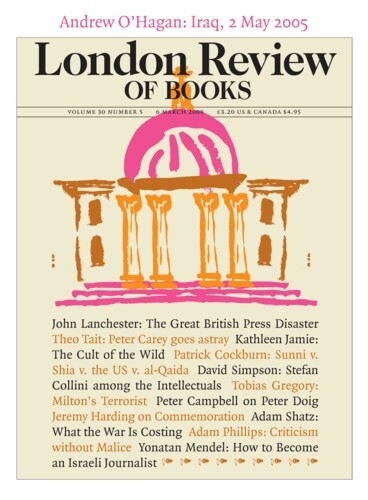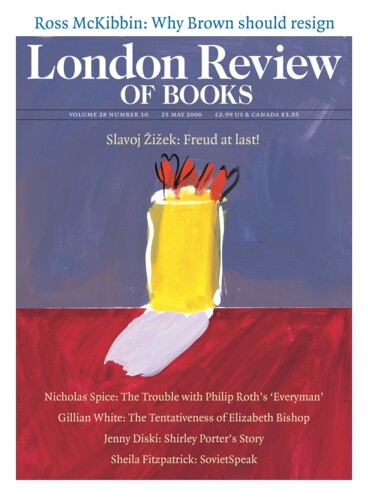‘The Killing’
Theo Tait, 31 March 2011
The latest wave of the Scandinavian crime invasion: Sarah Lund and her woolly jumpers. The Killing, the powerfully addictive Danish crime drama running on BBC4 on Saturday nights, has become the latest TV series to inspire a devoted, evangelical following, just as it did in Denmark when it was first broadcast in 2007 under the name Forbrydelsen (‘the crime’). The series tells the...
